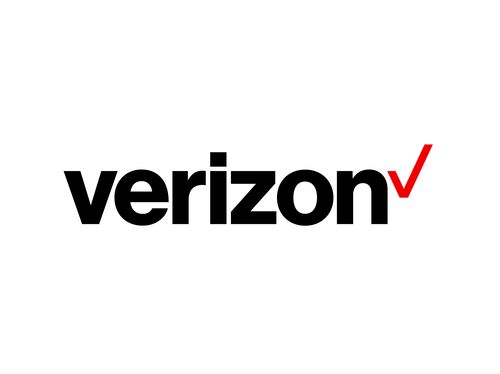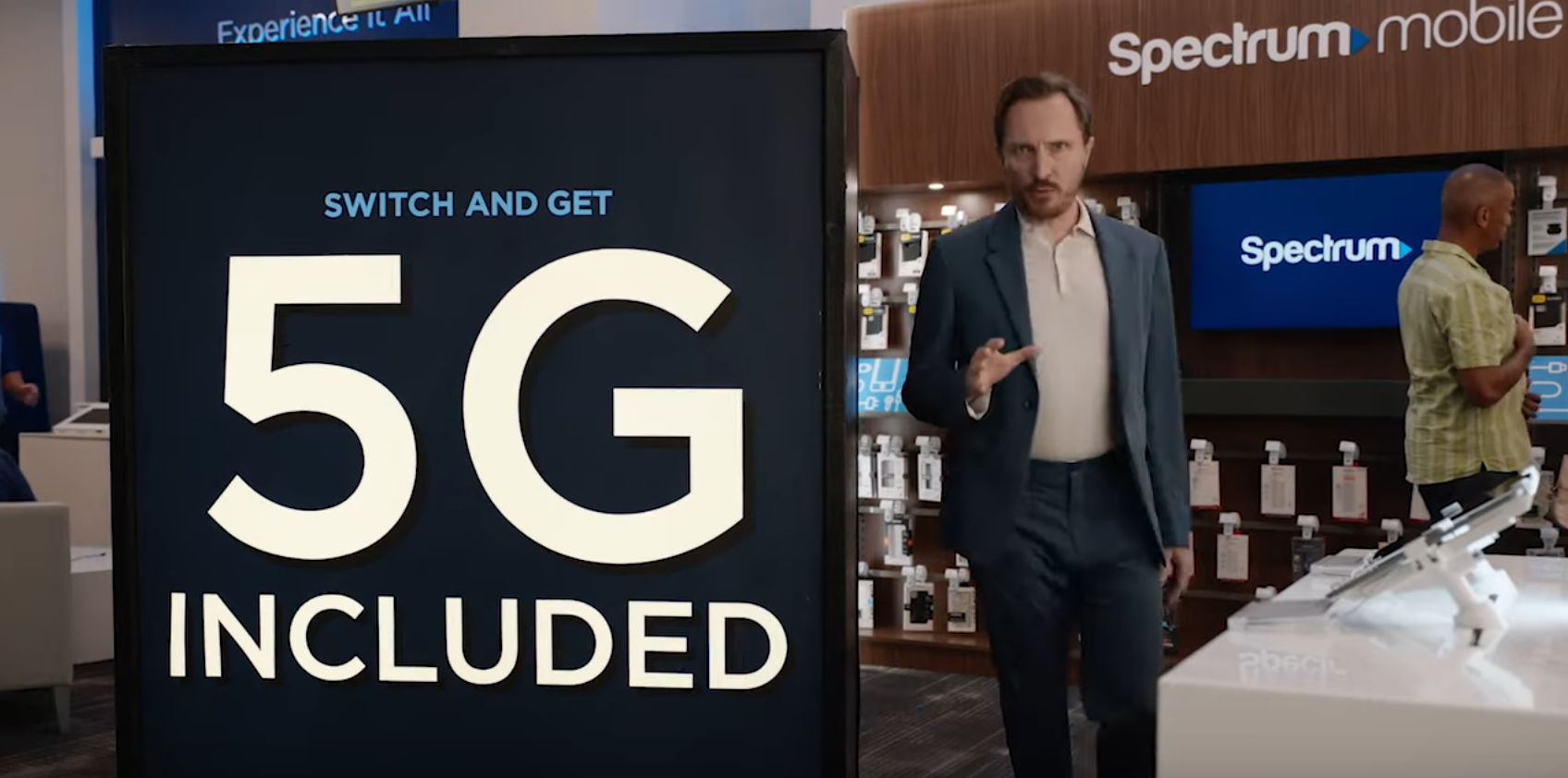
Verizon: ‘You Dunk It, We Upgrade It’
Except when there’s battery damage.
A reader describes her experience with a recent suspicious call.
We just got a call on our home number from a man with an Indian or similar accent claiming to have knowledge about our computer system saying he could detect lots of viruses being downloaded onto our computer, and that he’d like to fix it. He claimed as a point that 78 million or billion dollars had been lost in similar circumstances, and that if we turned on our computer, he could help. My dad said we are on a no call list and he doesn’t believe this is a real number, he was going to report him, and the man instantly hung up. His number is 202-011-3341 and the name is unavailable.
The FTC launched a crackdown against tech support scams like this in October 2012, describing its efforts as “aggressive—and successful.” The schemes it targeted sound very much like the one above:
[A]fter getting the consumers on the phone, the telemarketers allegedly claimed they were affiliated with legitimate companies, including Dell, Microsoft, McAfee, and Norton, and told consumers they had detected malware that posed an imminent threat to their computers. To demonstrate the need for immediate help, the scammers directed consumers to a utility area of their computer and falsely claimed that it demonstrated that the computer was infected. The scammers then offered to rid the computer of malware for fees ranging from $49 to $450. When consumers agreed to pay the fee for fixing the “problems,” the telemarketers directed them to a website to enter a code or download a software program that allowed the scammers remote access to the consumers’ computers. Once the telemarketers took control of the consumers’ computers, they “removed” the non-existent malware and downloaded otherwise free programs.
If you receive an unsolicited tech support call, even one claiming to be from a legitimate company, be careful. Never allow someone to remotely access your computer without confirming his or her identity first. If you detect any red flags—such as the caller asking for unnecessary Data that can be used to identify you, like your name, address, birth date, or Social Security number, or being unusually dramatic or pushy—hang up. You can always look up a company’s official tech support number and call that.
Our Ad Alerts are not just about false and deceptive marketing issues, but may also be about ads that, although not necessarily deceptive, should be viewed with caution. Ad Alerts can also be about single issues and may not include a comprehensive list of all marketing issues relating to the brand discussed.
Except when there’s battery damage.
Interested in 5G? Spectrum Mobile may not have you covered.
Spam email leads to a fake endorsement from Dr. Oz, among other celebrities.


